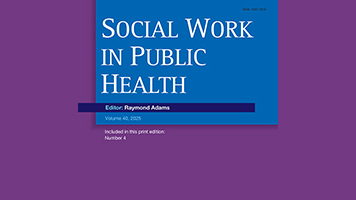Pushing for Equity, Pulling at Heartstrings: Perinatal Care Access for Uninsured Migrants
ABSTRACT
Despite widely accepted clinical care guidelines, uninsured pregnant migrants in Canada face health inequalities and there are ethical implications of denying them publicly-funded care. Uninsured migrants face multiple barriers (financial, systemic, and cultural) to their perinatal care access, which can negatively impact their health and psychosocial outcomes, as well as those of their families. Drawing on interviews with 10 uninsured migrant women in Montreal, Canada, we explore the factors that enabled their access to perinatal care. Our findings underline the importance of health professionals’ ability to exercise discretion to volunteer their time, reduce their fees, or “go the extra mile” to ensure care. On the part of the pregnant migrants themselves, individual factors such as resourcefulness, patient proficiency, and social location may enable their care access. This individualization of the access to care is both ethically and politically problematic, and we discuss the role of social workers in addressing the needs of this population.
Members and SHERPA Teams

Jill Hanley
Co-Scientific Director, SHERPA University Institute; Full Professor, School of Social Work, McGill University
Patrick Cloos
Professor, École de travail social Université de Montréal (UdeM)

